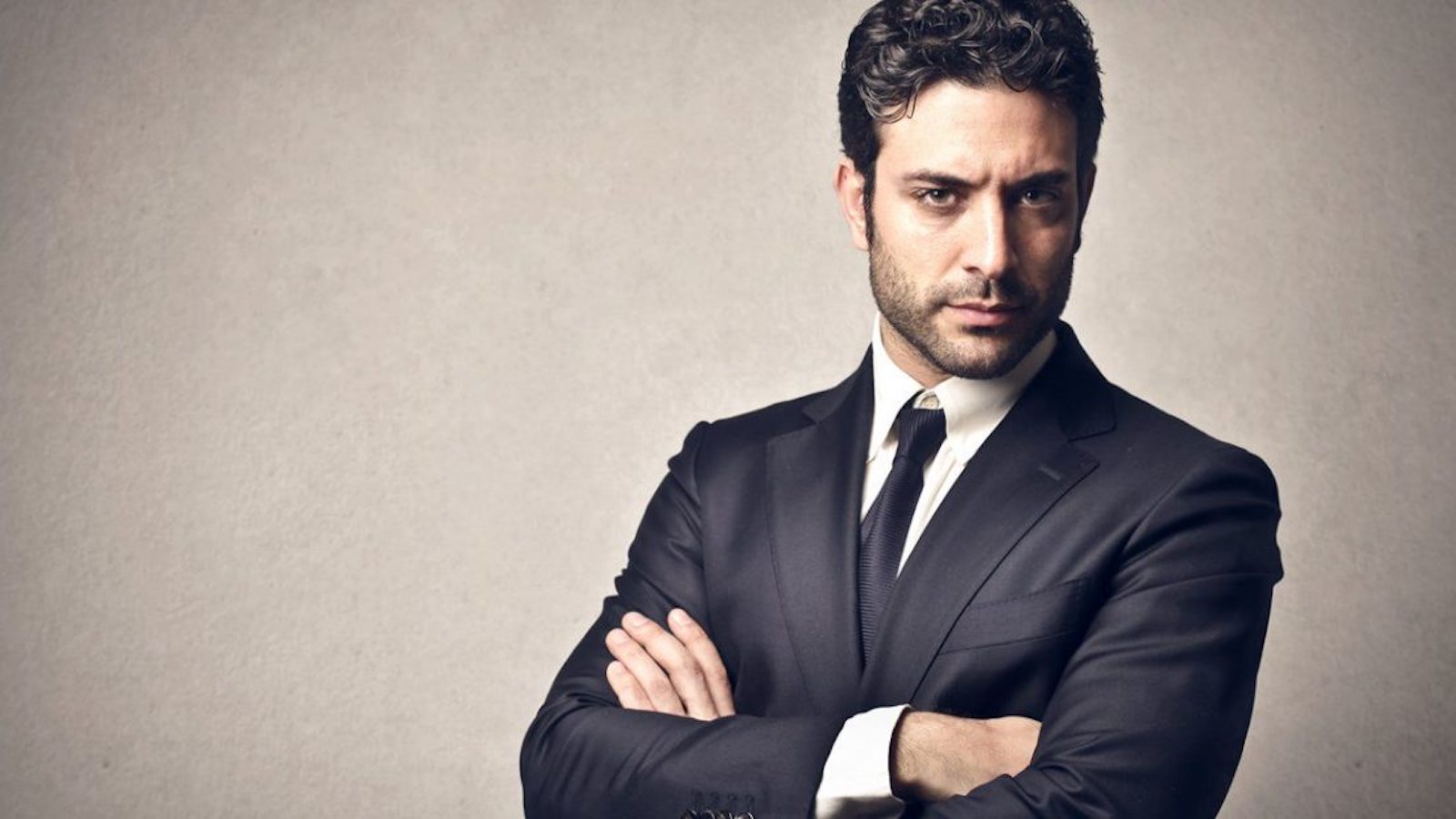
We Need More Randian CEOs
It sometimes seems as though government exists merely to systematically identify all those things in life that give people pleasure and take them away. Alcohol, tobacco, fatty food, sugar, and any number of other substances have been controlled, regulated, or outright forbidden, allegedly for our own good. One wonders whether the state will be happy until we all spend our whole lives subsisting on nothing more than a thin, flavorless gruel that causes one to wonder whether it’s worth eating at all.
The Government Bullies Us and We Let Them
The latest target of this paternalistic zeal is coffee, perhaps the most sublime beverage gifted to mankind from god and nature. A California judge has ruled that coffee retailers in his state, most notably Starbucks, will now be obligated to display the obscene—I would go so far as to say blasphemous—lie that coffee causes cancer to their customers.
Of course, we can expect Starbucks to meekly knuckle under and comply with the regulation, even though it flies in the face of science and common sense. I mean, come on. If coffee were really dangerous, every American citizen would have keeled over long ago. We guzzle the stuff down like it was manna from heaven.
The frustrating thing is that it need not be this way. Contrary to popular belief, CEOs don’t have to do as they’re told. They have options, most of which would likely succeed in making the government back down.
For example, Starbucks could easily win this battle if the CEO were so inclined. The mere threat to withdraw all Starbucks franchises from California would make the legislature buckle instantly. What politician would willingly acquire the label of the man who cost his voters Starbucks? It would be a political self-immolation for the ages. And yet they submit.
I’m no fan of Mark Zuckerberg, but to watch him prostrate himself before the intellectually and morally inferior parasites that constitute Congress in order to receive a dressing down was nothing short of pathetic. And he is only the latest in a long line of CEOs who have bent the knee before Congress, tacitly acknowledging that Washington has the right to tell them what to do.
Do We Actually Consent?
The French political theorist Etienne de la Boetie wrote an inspired tract inveighing against a public that consented to be governed by tyrants, and while the claim that government derives its authority from the consent of the governed can be a facile excuse to justify state action, there is nevertheless an element of truth to it. When no one is ever willing to push back against, or refuse orders from, government regulators, we can hardly be surprised when they continue to expand and abuse their authority.
Ayn Rand’s epic doorstopper Atlas Shrugged revolves around the fantasy that productive businessmen and women, under the heroic leadership of a man named John Galt, might cast off their shackles and finally say “no” to big government, refusing to produce at the pleasure of petty bureaucrats and tin-pot tyrants. It’s a cathartic fiction, but it need not be so fictional. All it takes is the willingness and the courage to refuse orders.
There is actually non-fictional precedent for “Going Galt” in the real world. The town in which the Jack Daniels distillery is located has been trying to squeeze the company for years with additional “barrel taxes.” Lawmakers claim that they mysteriously are “entitled” to the additional revenue due to Jack Daniels’ massive presence. But the tax was defeated after the company made some veiled threats to relocate to another town. Politicians respond to incentives like everyone else, and the idea of losing a substantial tax, job, and tourism base hits home for lawmakers seeking re-election.
We need more CEOs who are willing to stand up to big government bullies, to do business on their own terms or not at all. We need to start teaching the regulators that imposing their will on others does not come without a very real cost. Just as it’s easy to pass laws you don’t have to enforce, it’s easy to pass regulations when no one thinks of disobeying them.
In short, when government tells us to jump, we need to be willing to ask “or else what?” In many cases, we may find that the answer is actually nothing more than dumbfounded silence.
This article originally appeared on FEE.
Free the People publishes opinion-based articles from contributing writers. The opinions and ideas expressed do not always reflect the opinions and ideas that Free the People endorses. We believe in free speech, and in providing a platform for open dialogue. Feel free to leave a comment.



